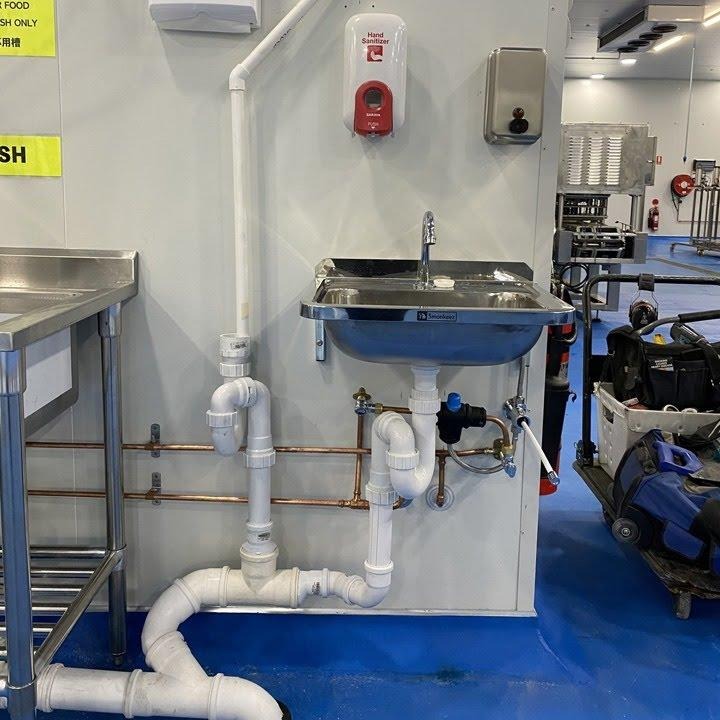The retirement village decision isn't purely about lifestyle—it's also a financial decision that affects your assets and estate planning. Many people approach it emotionally, which makes sense since it's about where you'll live. But treating a quality retirement village property for sale as an investment decision means analyzing factors like resale potential, cost efficiency, and long-term value retention. The financial structure of retirement villages is different from traditional property ownership, so the metrics you'd use to evaluate a house purchase don't all apply. Still, some villages hold their value better than others, and understanding why helps you make a choice that works financially as well as personally.
Resale Demand and What Drives It
A retirement village unit's resale depends on multiple factors, some within your control and others not. Location is huge—villages in areas with growing populations of retirees and good amenities consistently resell faster. Coastal areas and major regional centers typically have stronger demand than remote locations. But within any area, certain villages develop reputations for being well-managed and desirable, while others get known for problems.
The village's financial health matters for resale. If a village has deferred maintenance issues or rising fees that outpace competitor villages, potential buyers notice. Villages that invest in keeping facilities updated and well-maintained protect everyone's resale value. When you're evaluating a village, ask about their capital works fund and what major upgrades or repairs are planned. A village that lets things run down will struggle to attract buyers for units, meaning longer wait times for your exit payment.
Fee Structure Comparison and Long-term Costs
The departure fee model means you're effectively paying for your accommodation over time through the deferred management fee. Compare this to other options like downsizing to a smaller house or renting. If you buy a house for 500,000 dollars and sell it years later for 550,000, you've kept the capital gain. In a retirement village, you might pay 400,000 entry price and get back perhaps 280,000 after departure fees, effectively spending 120,000 for your time there.
Add in the monthly fees—say 800 dollars per month over ten years is 96,000 dollars. So your total cost is around 216,000 for that decade. Compare that to what you'd spend on rates, insurance, maintenance, and potential care services in a private home. For some people, the village represents better value when you factor in convenience and included services. For others, especially if they're handy and don't need services, staying in their own home works out cheaper. It really depends on your situation and how you value the intangibles like security and community.
Quality Construction and Future-Proofing
Not all retirement village units are built to the same standard. Some older villages have thin walls, poor insulation, and outdated fixtures. Newer developments often feature better energy efficiency, modern appliances, and universal design principles that accommodate mobility aids. The quality of construction affects your living comfort and the unit's appeal to future buyers.
Things to look for include double-glazed windows in cooler climates, split-system air conditioning rather than wall units, and stone or quality laminate benchtops that age well. Floor coverings matter too—tiles or quality floating floors are easier to maintain and more suitable for walkers than carpet. External cladding and roofing materials impact maintenance costs. A village with weatherboard cladding needs repainting every decade, while brick or modern composite materials require less upkeep. These factors affect the village's ongoing costs and therefore your monthly fees.
Operator Reputation and Financial Stability
The village operator's track record is worth investigating. How long have they been in business? How many villages do they operate? Larger, established operators generally have better systems and financial backing, though smaller boutique operators can offer more personalized management. Look up any regulatory actions or disputes—these are public record in most states.
Financial stability of the operator matters because you're essentially entering a long-term financial relationship with them. If an operator goes into receivership, it complicates everything for residents. While resident funds are supposed to be protected, the process can delay exit payments and create uncertainty. Check the operator's annual reports if they're publicly available, or ask questions about their financial position during the sales process.
Capital Gain Potential or Lack Thereof
Here's something that surprises people—in most retirement village contracts, you don't benefit from capital gain on the property. If the unit sells for more than your entry price, that extra money typically goes to the operator, not you. Some contracts offer a percentage share of capital gain, but it's uncommon. This is fundamentally different from owning your own property where you capture all the appreciation.
This structure means you should evaluate the entry price based on whether it's fair value for what you're getting, not on expectations of future appreciation. Overpaying at entry because you think it'll increase in value doesn't benefit you financially. Focus instead on whether the total cost over your expected stay period represents good value compared to your alternatives.
Estate Planning Implications
The retirement village interest is part of your estate, but it's not the same as leaving property to your heirs. Your entitlement is to the exit payment, which equals your entry contribution minus the departure fee, adjusted for any capital gain clauses in the contract. This can be significantly less than the current market value of the unit.
Your estate won't receive this money immediately—it comes after the unit resells. In a slow market, this could be many months. Some families are shocked to discover they need to keep paying monthly fees while waiting for resale, and these costs come out of the final exit payment. When doing estate planning with your lawyer or financial advisor, make sure they understand the specific terms of your village contract. The tax treatment is also different from standard property—get proper advice on CGT implications.




Want to add a comment?